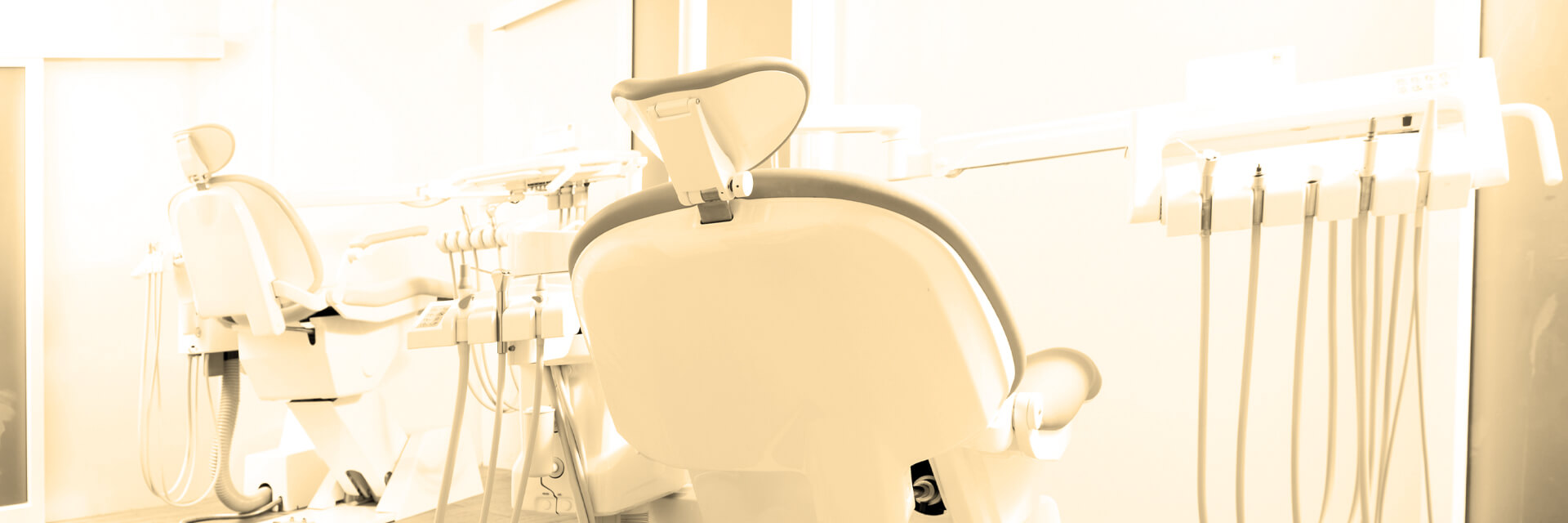
How to Conduct a Fair Salary Review at Your Dental Practice
- Published
- Apr 12, 2021
- By
- Erick Cutler
- Share
At certain times of the year – perhaps at year-end or on each employee’s work anniversary – you will need to review the compensation of your dental staff. Taking the time to properly access the situation and provide a fair salary review requires some advance planning. In most cases, simply telling a hygienist, “You’ll be getting 2 percent more next year” isn’t likely to cut it with employees, and it won’t be the best solution for your practice, either.
How do you go about creating a fair system? For example, if you increase the salary of some employees more than others, or don’t provide any increases, you run the risk of alienating those staff members who come out on the short end. In addition, you must take into account the overall finances of your dental practice. For example, using recent benchmarks, wages may run close to 20 percent of gross collections, not including the dentist’s salary or taxes and benefits. Keeping that in mind, here are five steps to follow:
- Establish the basic ground rules. When will you be meeting with each employee? Does the initial review take place one, three, six, or 12 months after the employee comes to work for you? Should an employee always expect a salary adjustment at review time? Don’t raise expectations too high, but let employees know that your reward top-notch work.
- Develop the compensation policy. Based on Dallas market conditions, identify the pay range for each position. Along with regional factors, you will need to consider the practice size and experience of each team member. Explain to every team member exactly how the compensation system will work, how much money is available to the employee, the formulas being used to determine compensation, how they can earn more money, and how much more someone can earn in their current position.
- Identify practice issues. Every salary increase, no matter the amount, has a cumulative impact on overhead. As a result, you should contemplate ways to increase revenue and reduce costs. For example, you might take a closer look at improving collections, while factoring in the cost of new dental equipment and other improvements. Some practices use a review form that serves as a mathematical equation to determine how much you need to collect every month to cover pay increases. Employees face a higher cost of living each year to year, to be sure, but so does your practice.
- Create new performance goals. Ideally, the descriptions should be results-oriented. Have each employee establish personal performance objectives that are consistent with overall practice goals, such as scheduling to meet production levels, keeping schedules full, etc. Hold employees accountable for meeting their objectives. Remember: A raise should be based on merit, not just because the calendar turned another year.
- Conduct a fair review. Don’t simply stick to the same regimen you’ve used in the past. Go into the reviews with an open mind. That means analyzing the performance for each job description (see above), but also giving the employees the opportunity to present their assessment of their performance. At the same time, you can’t break the bank. Work within your pre-determined budget.
Remember, your review process should work for your practice. While overall compensation guidelines are important to understand, make sure you customize your review process to meet the needs of your practice and your team.
What's on Your Mind?
Start a conversation with Erick
Receive the latest business insights, analysis, and perspectives from EisnerAmper professionals.







